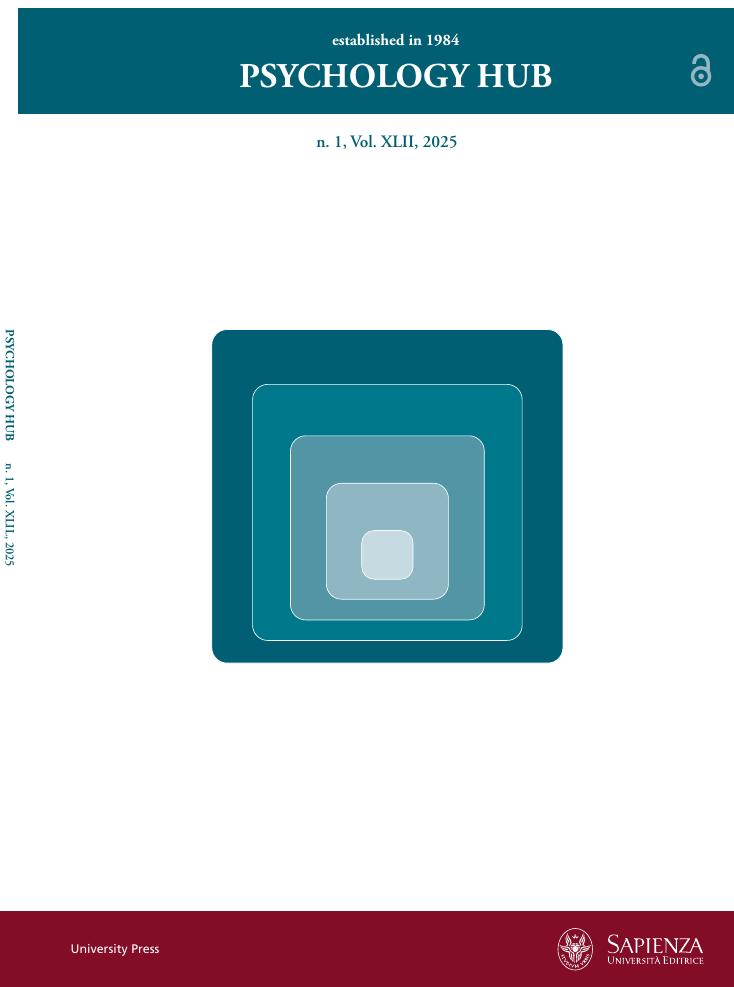Dark necessities: The influence of the dark triad, costs, and benefits on bribery intention
DOI:
https://doi.org/10.13133/2724-2943/18536Keywords:
bribery, dark triad, rational choice theory, situational action theory, crime, personalityAbstract
Research shows positive relationships between the dark triad and corruption intention. However, it remains open, whether dark personalities align their behavior according to a cost-benefit analysis. This study examines whether high benefits of bribery strengthen the positive impact of the sub-facets of the dark triad (i.e., Machiavellianism, narcissism, and psychopathy) on bribe-taking intention, whether high costs of bribery buffer positive effects of the dark triad on bribe-taking intention, and whether positive effects of high benefits are buffered by high costs. Relationships are tested in an experimental vignette study (N = 164).
Results show that all three sub-facets of the dark triad are positively related to bribe-taking intention. Moreover, high costs weaken the positive effects of high benefits on bribe-taking intention. Most importantly, while narcissistic and psychopathic individuals feel particularly inclined to engage in bribery when benefits are high, dark individuals are not deterred by high costs. Findings imply that corruption arises from a complex interplay between personality and cost-benefit analyses. Important implications for corruption prevention are derived.
Additional Files
Published
How to Cite
Issue
Section
License
Copyright (c) 2025 Psychology Hub

This work is licensed under a Creative Commons Attribution-NonCommercial-ShareAlike 4.0 International License.





